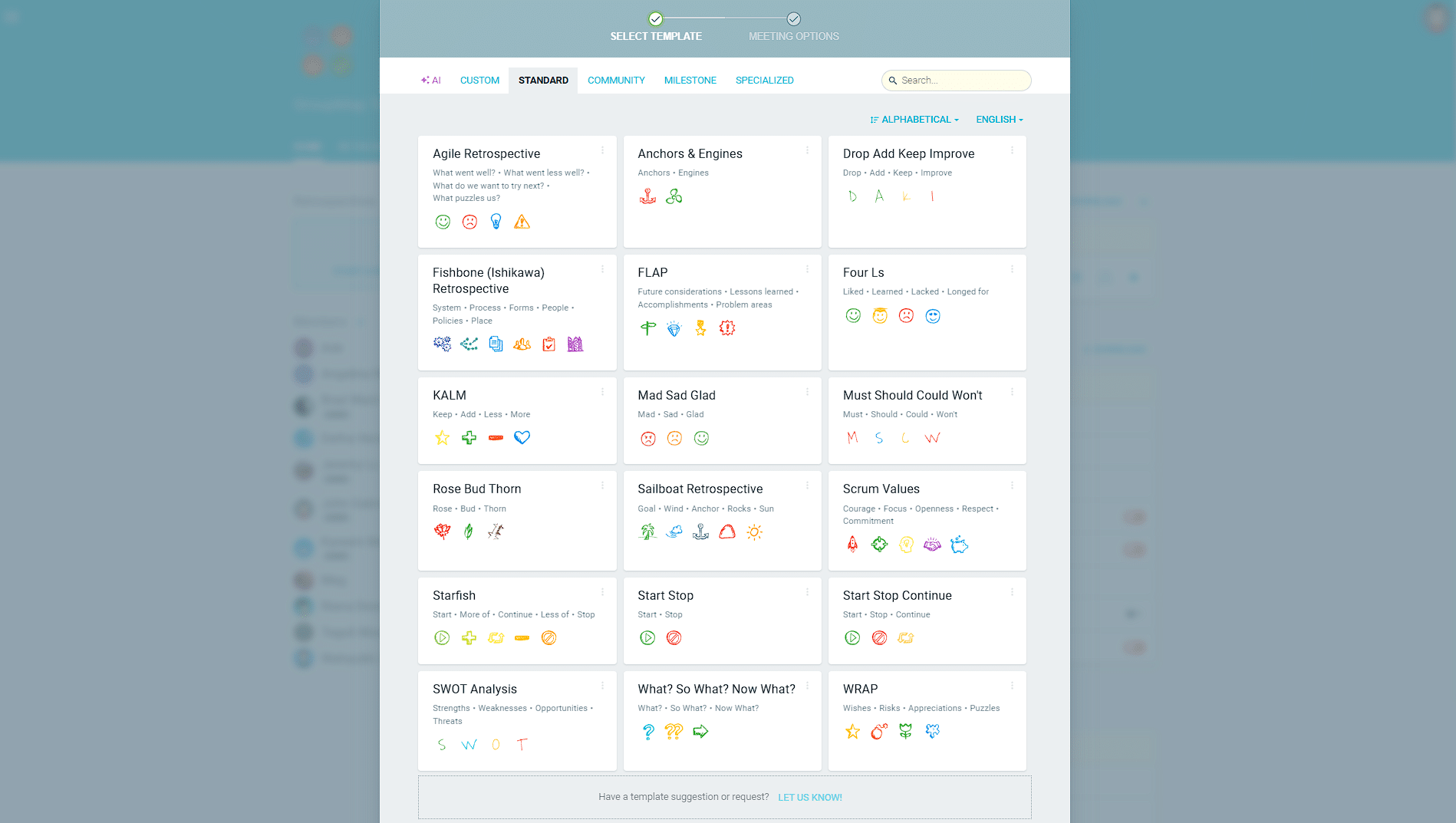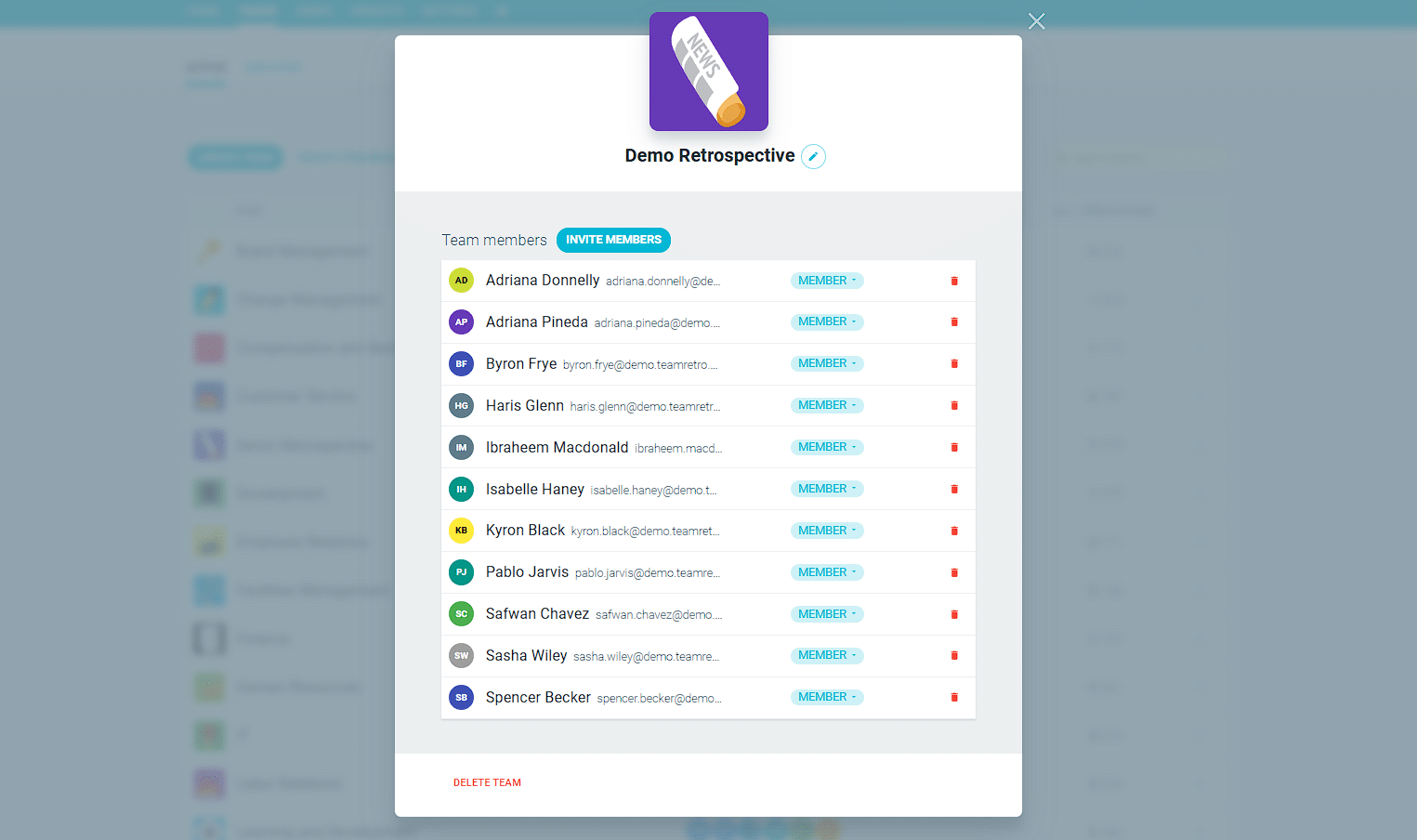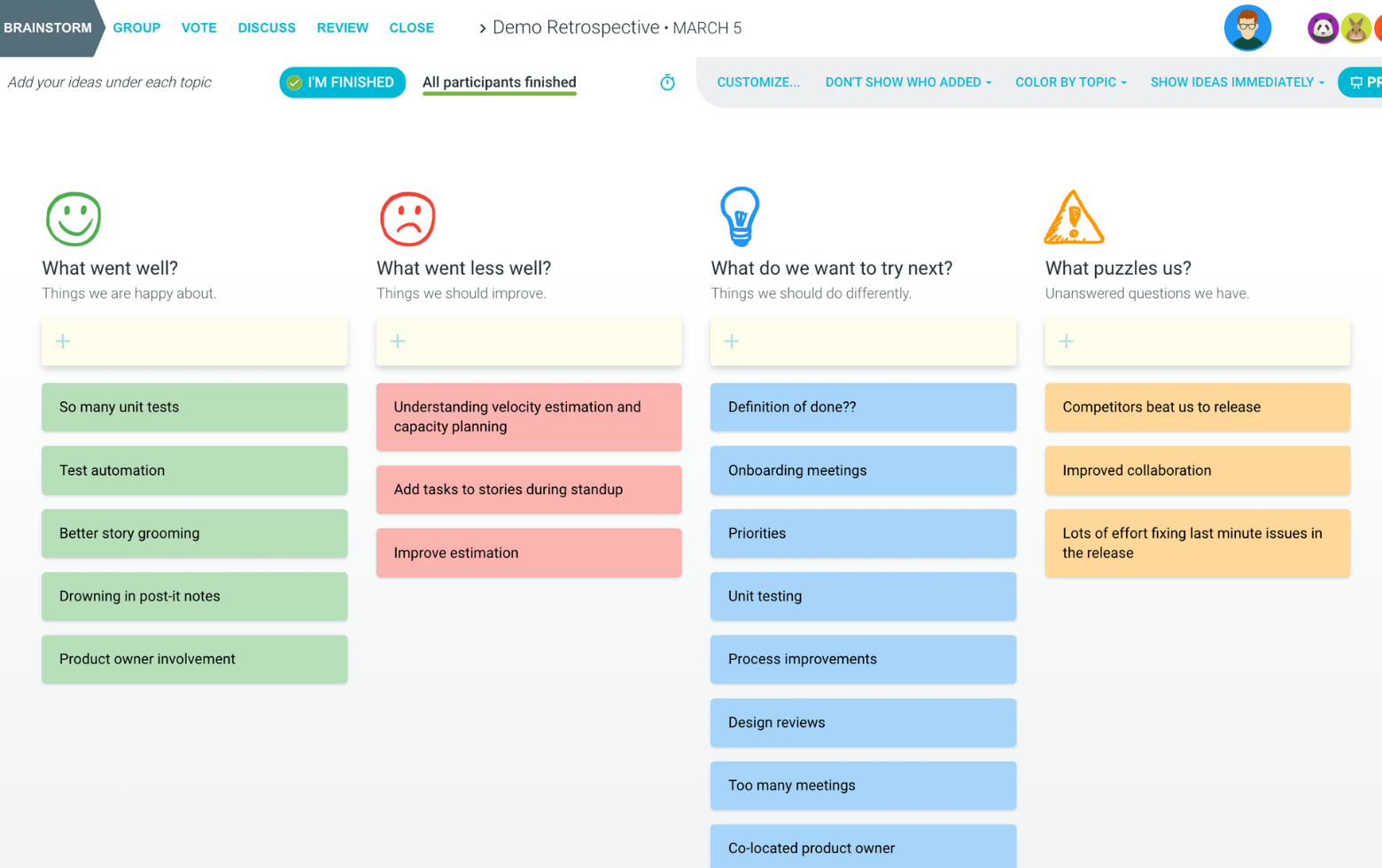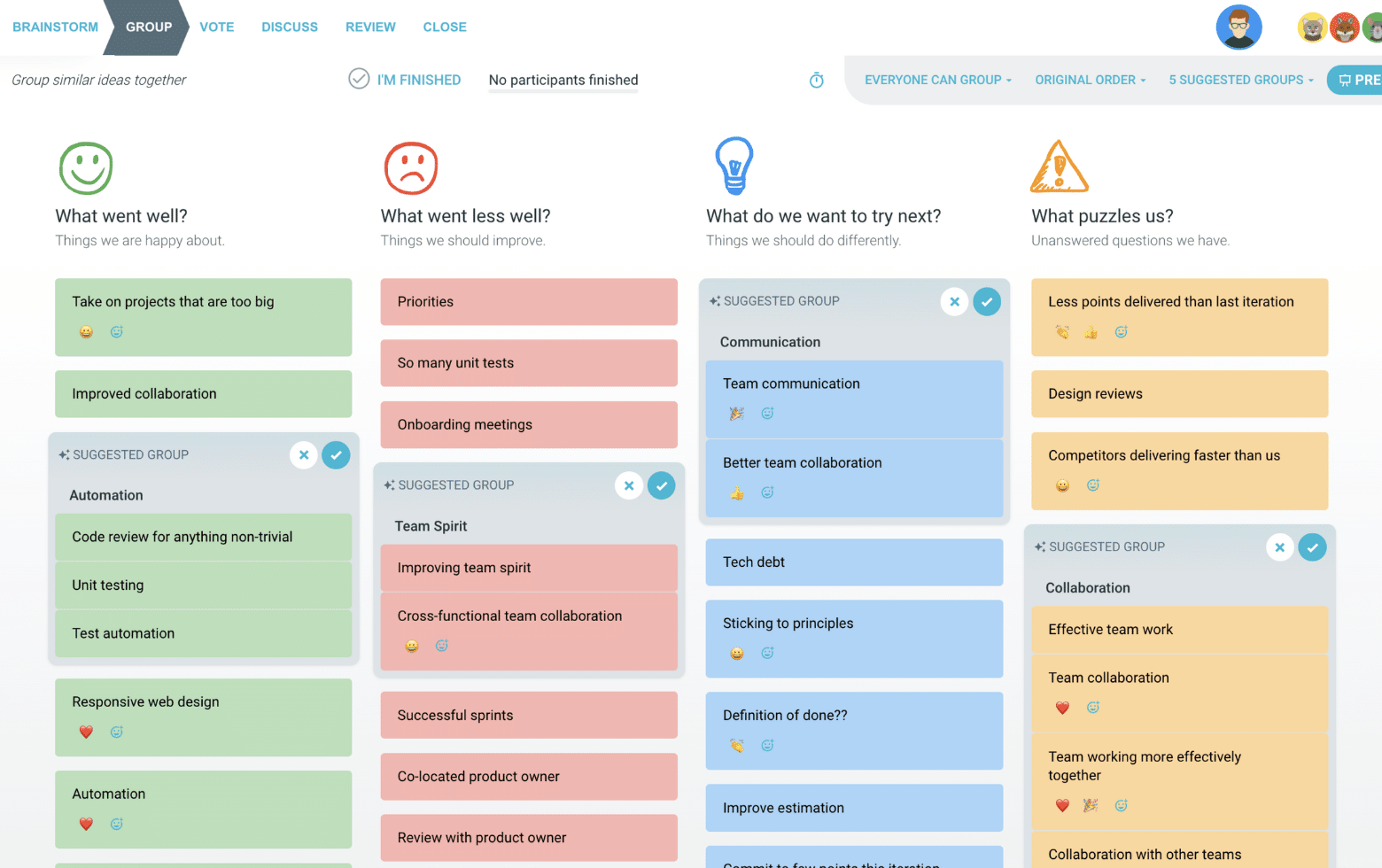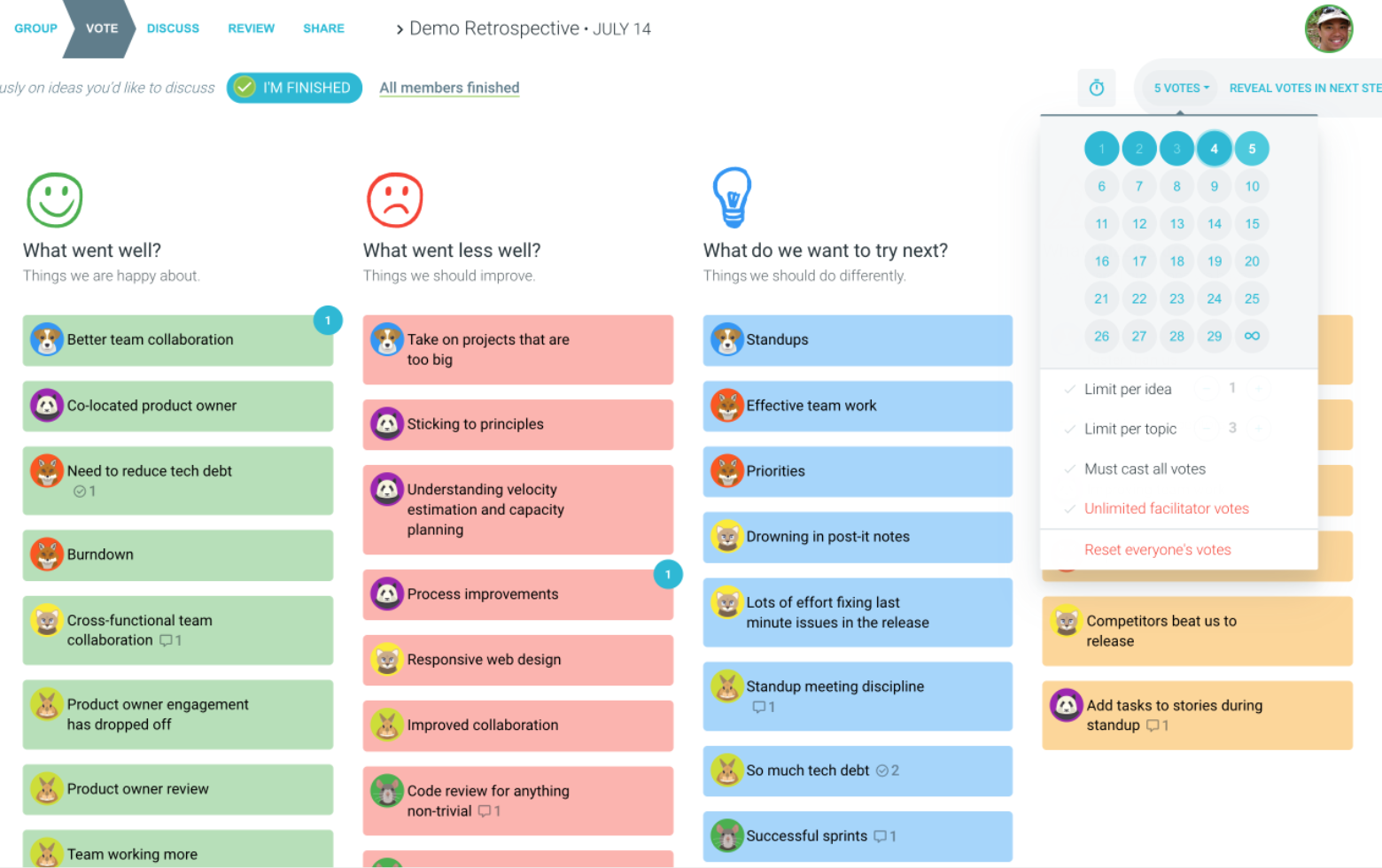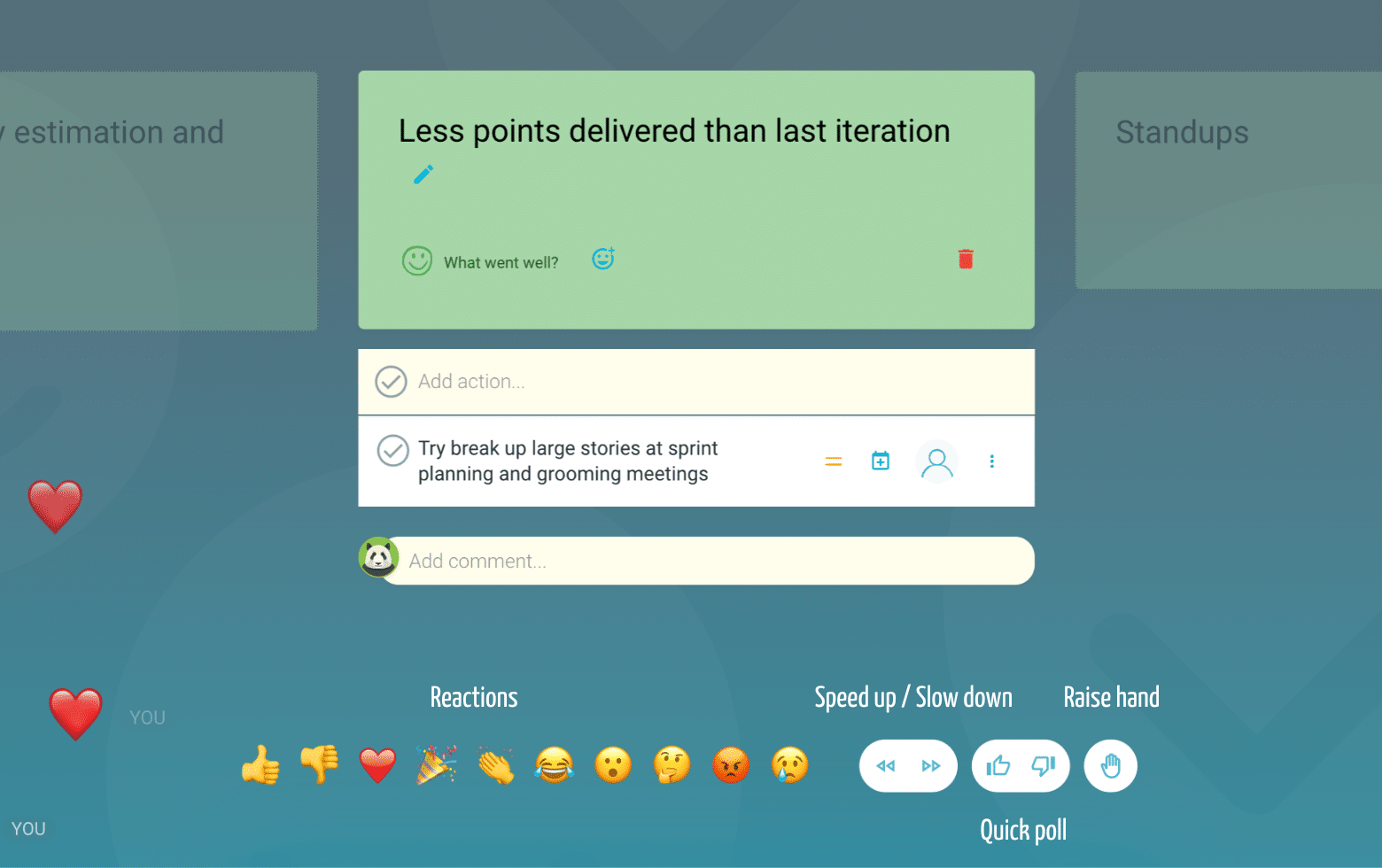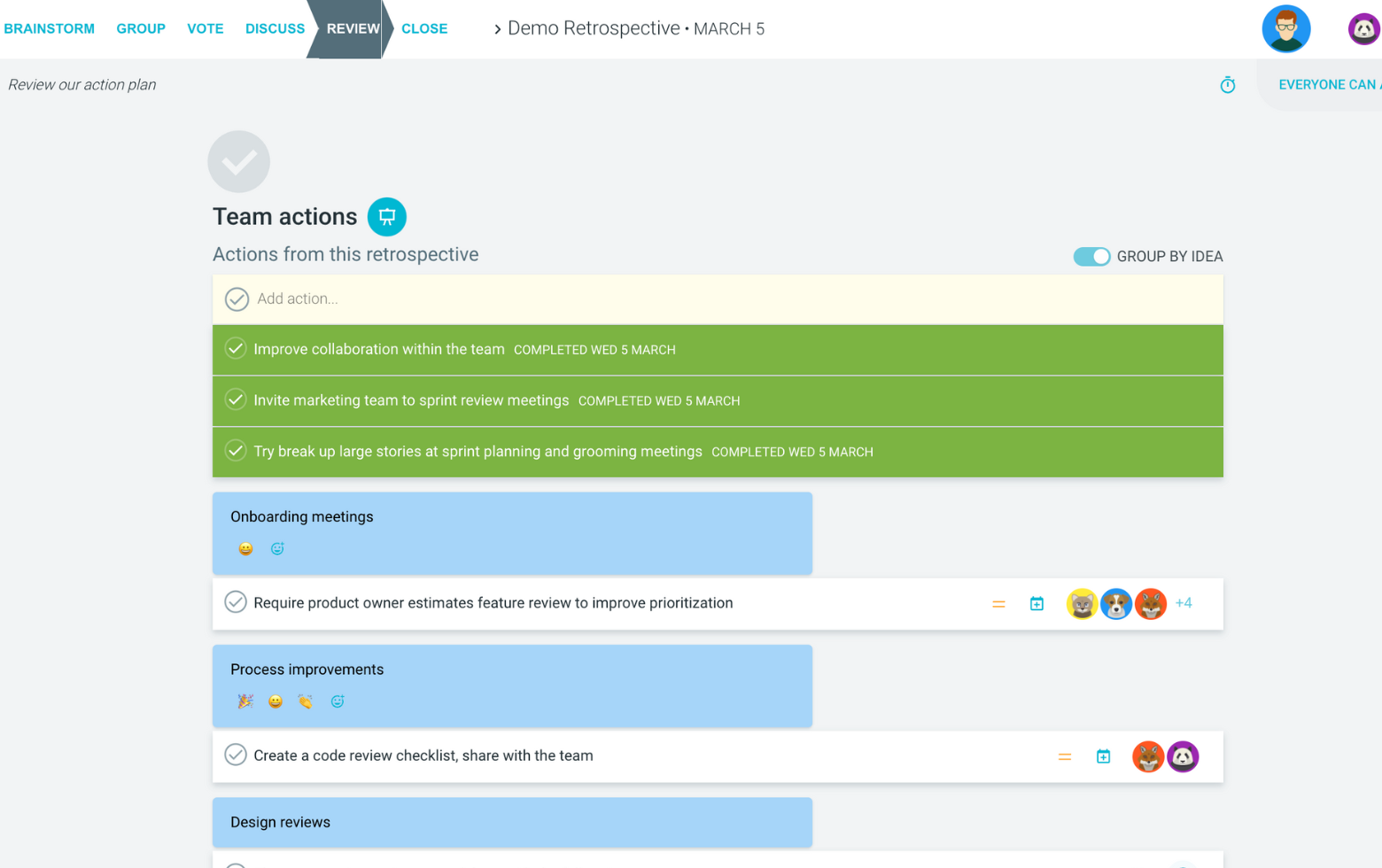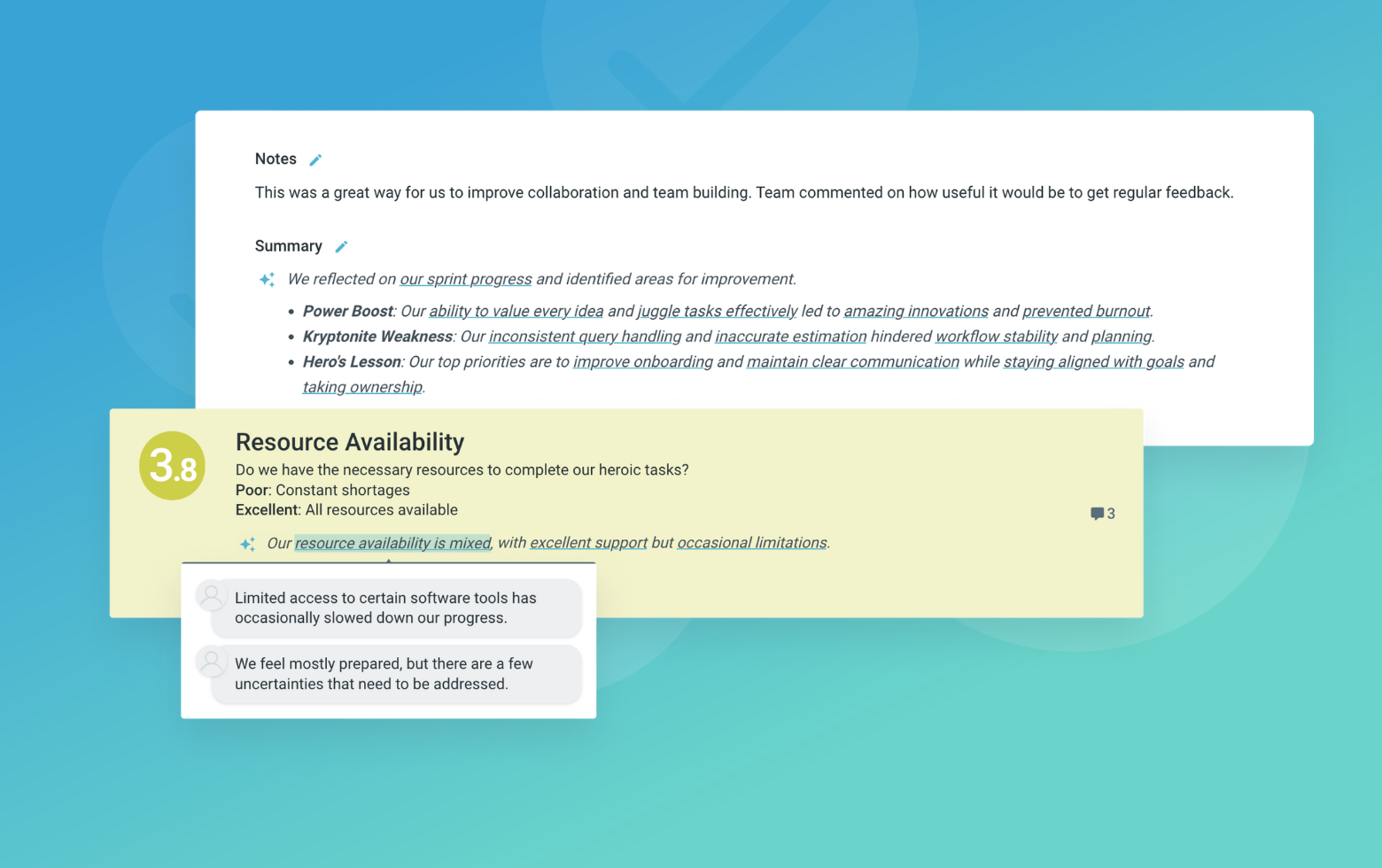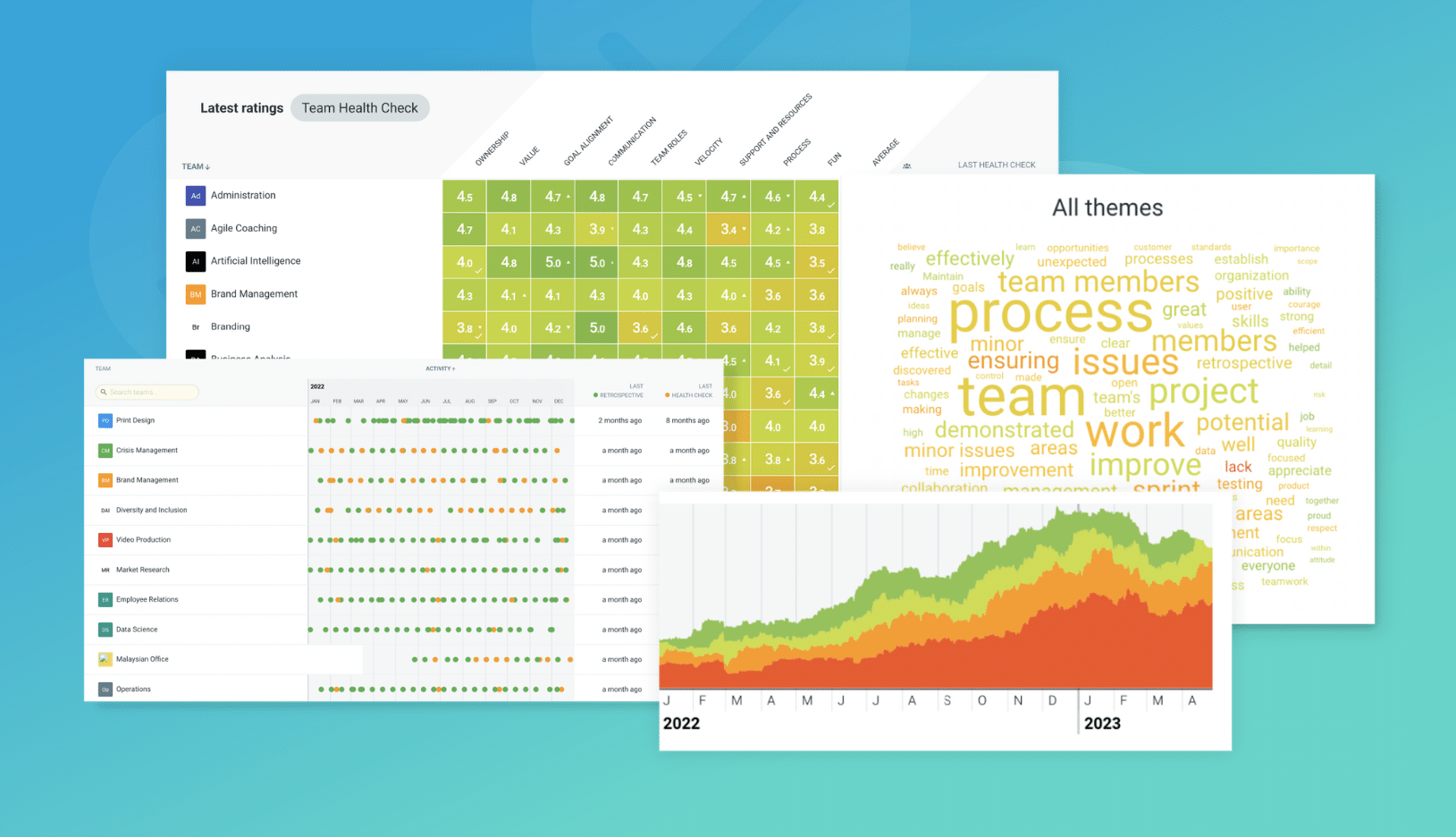A quarterly sales retrospective is a structured meeting where sales teams review their performance over the past quarter, celebrate wins, analyze challenges, and identify actionable improvements for the upcoming quarter. This collaborative process fosters continuous learning, alignment, and strategic adjustments to drive better sales results.
The retrospective typically covers key metrics, major deals won or lost, customer feedback, process inefficiencies, and team dynamics. By reflecting openly, teams can reinforce successful practices, address bottlenecks, and implement data-driven changes to their sales strategies, processes, and enablement.
Regular sales retrospectives are a vital component of an agile sales methodology, helping teams adapt quickly to market shifts, customer needs, and competitive landscapes. When facilitated effectively, these sessions build trust, accountability, and a growth mindset within high-performing sales organizations.
What is The Quarterly Sales Retrospective
Wins and Achievements
What were our biggest sales wins this quarter?
Encourage celebrating team and individual successes to build momentum.
Challenges Faced
What were the biggest obstacles or setbacks we encountered?
Create a blame-free environment to openly discuss bottlenecks.
Lessons Learned
What key insights did we gain this quarter?
Encourage sharing learnings that can inform future improvements.
Actions for Next Quarter
What should be our key priorities for improving next quarter?
Agree on specific, measurable actions to drive accountability.
Suggested icebreaker questions
- If our sales team was a professional sports team, which one would we be and why?
- Share a funny or memorable experience you had with a customer this quarter.
Ideas and tips for your retrospective meeting
- Encourage an open and blame-free environment for honest discussion.
- Use data and metrics to guide the conversation objectively.
- Assign a neutral facilitator to keep the retrospective focused and productive.
- Ensure all voices are heard by involving reps from different teams and levels.
- Prioritize a few high-impact actions rather than trying to change everything at once.
- Follow up on committed actions in subsequent meetings to drive accountability.
.
How to run effective meetings with TeamRetro
Start Your Session in a Click
Log into TeamRetro and choose your template. Customise questions and the workflow to create your perfect retro for your team.
Create Your Team Easily – No Separate Accounts Needed
Brainstorm Individually – Free From Bias
Smart Grouping for Faster Insights
Fair, Flexible, and Fast Voting
Engage, React, and Capture Key Insights
Walk your team through ideas one by one with Presentation Mode. Stay in sync, spark real-time discussions, and capture feedback with comments, live reactions, and polls—all in one place.
Turn Ideas Into Action
Propose next steps with team buy-in, get AI-powered action suggestions, and keep everything in one place. Committed actions sync to your personal dashboard and integrate with your workflow tools—keeping you on track.
Save, Share, and Stay on Track
Get quick AI-powered summaries, add facilitator notes, and store retrospectives in your library for easy access. Schedule your next session and track published actions to keep your team accountable at the next retro.
Turn Team Data into Actionable Insights
Uncover trends, common themes, and key engagement metrics at a glance. Track sentiment shifts, analyze conversations, and monitor completed actions to drive continuous improvement.
